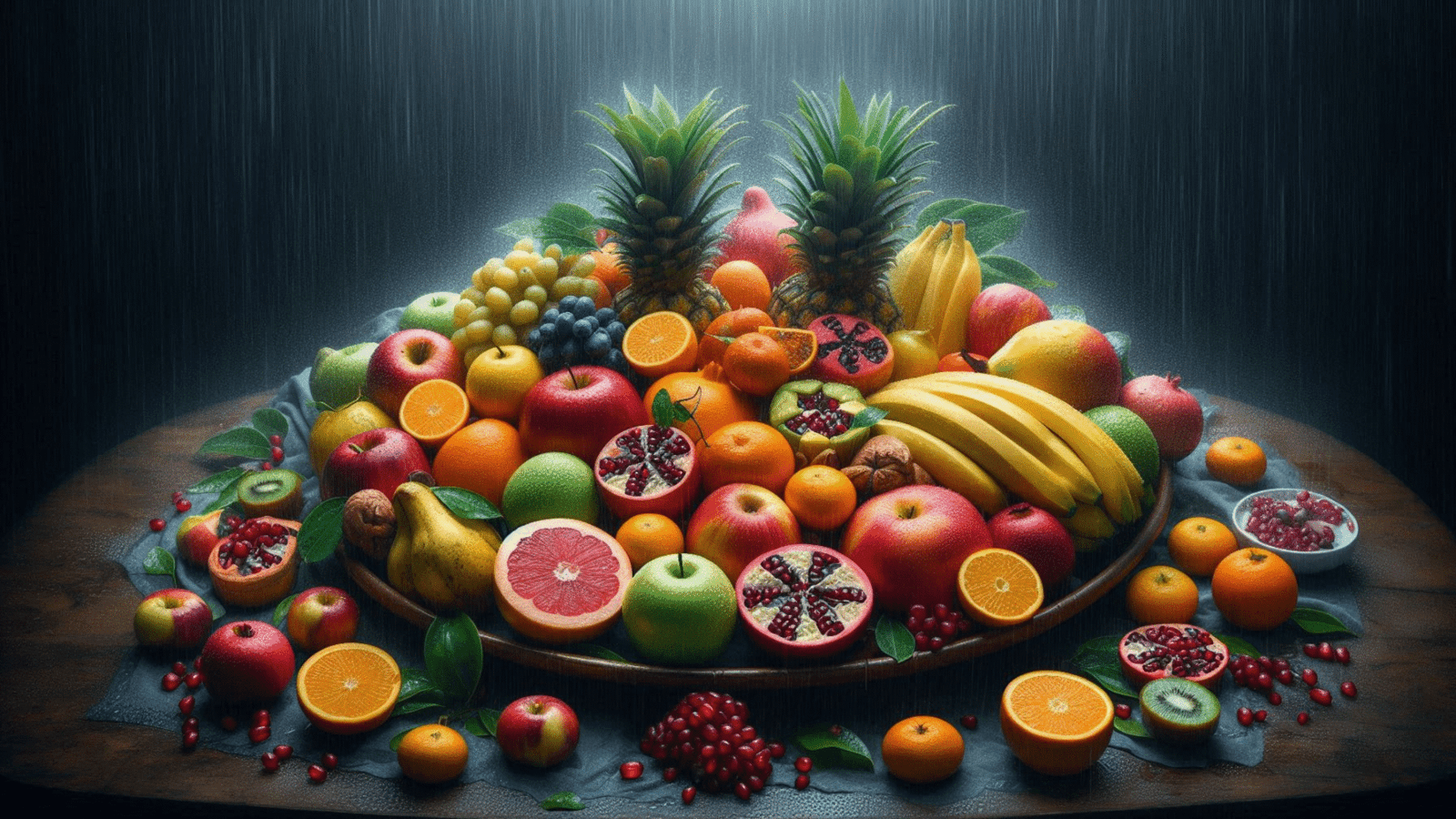The monsoon season brings with it the sweet scent of rain, cooler temperatures, and a much-needed break from the sweltering summer heat. But as pleasant as it may seem, this season also invites a range of health concerns. From waterborne infections and food poisoning to sudden viral fevers, staying healthy during the monsoon becomes a top priority. One of the best and natural ways to boost your immunity and stay protected is by including the right seasonal fruits in your diet.
Let us explore the 7 fruits we should eat in monsoon to stay infection-free and energized. These fruits are not only rich in essential vitamins and antioxidants but also help detoxify the body and improve digeston, two major concerns during the rainy season.
Why Eating the Right Fruits in Monsoon is Healthy
Monsoon weather promotes bacterial and fungal growth, increasing the chances of infections. The digestive system also becomes weaker due to fluctuating temperatures and humidity. By eating water-rich, antioxidant-loaded, and immune-boosting fruits, you can:
- Strengthen your immune system
- Flush out toxins
- Improve digestion
- Prevent waterborne and airborne infections
- Maintain hydration
Let’s now dive into the top 7 monsoon fruits that can keep your body strong and infection-free.
1. Apple
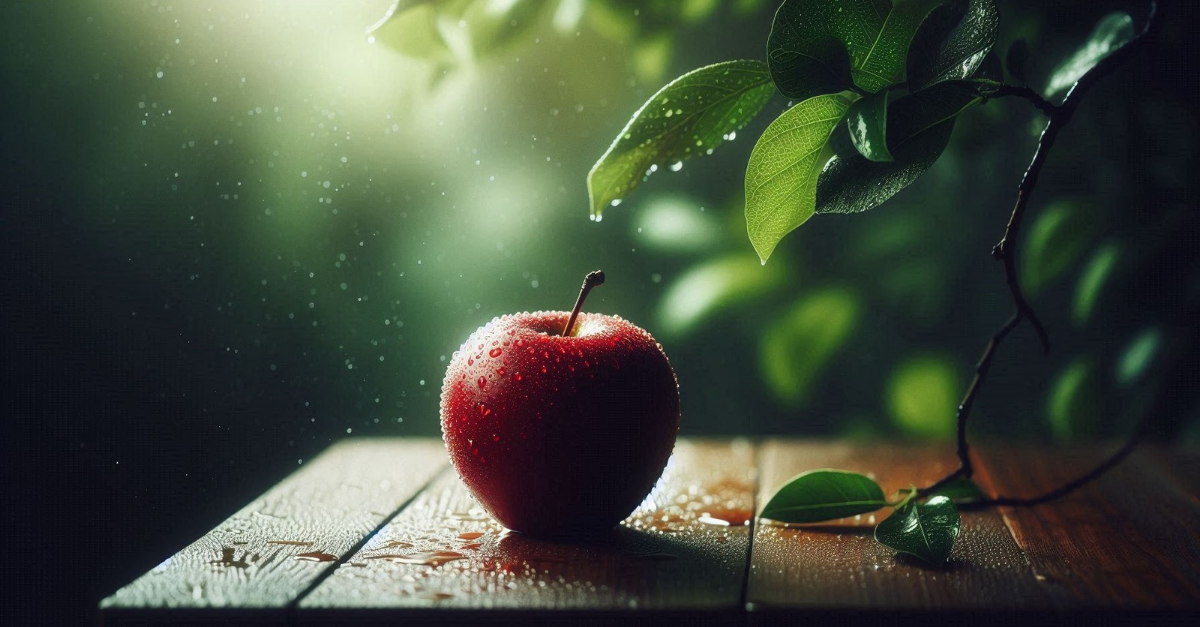 Apples are packed with Vitamin C, fiber, and antioxidants, making them a top choice for monsoon snacking. They strengthen the immune system and improve gut health, both essential for fighting off seasonal flu and viral infections.
Apples are packed with Vitamin C, fiber, and antioxidants, making them a top choice for monsoon snacking. They strengthen the immune system and improve gut health, both essential for fighting off seasonal flu and viral infections.
Health Benefits:
- Promotes healthy digestion
- Strengthens immunity
- Reduces inflammation
- Keeps the heart healthy
Eat apples raw, as a smoothie, or slice them into your salads. Avoid cutting and storing them for too long to retain their nutrients.
2. Jamun (Indian Blackberry)
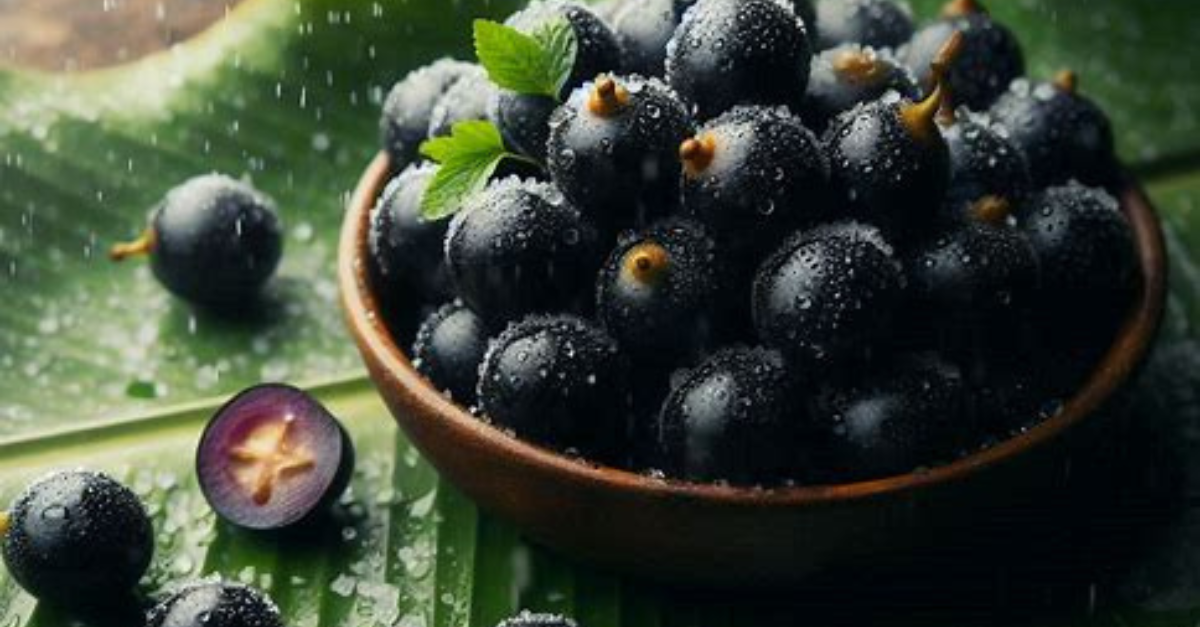
Jamun is a monsoon-special fruit known for its tangy-sweet flavor and medicinal properties. It has antibacterial and anti-infective qualities that make it ideal for this season.
Health Benefits:
- Regulates blood sugar levels
- Prevents infections
- Improves oral and digestive health
- Rich in iron and antioxidants
Eat jamuns fresh, sprinkle a little black salt to enhance taste, or drink jamun juice for a refreshing treat.
3. Pomegranate
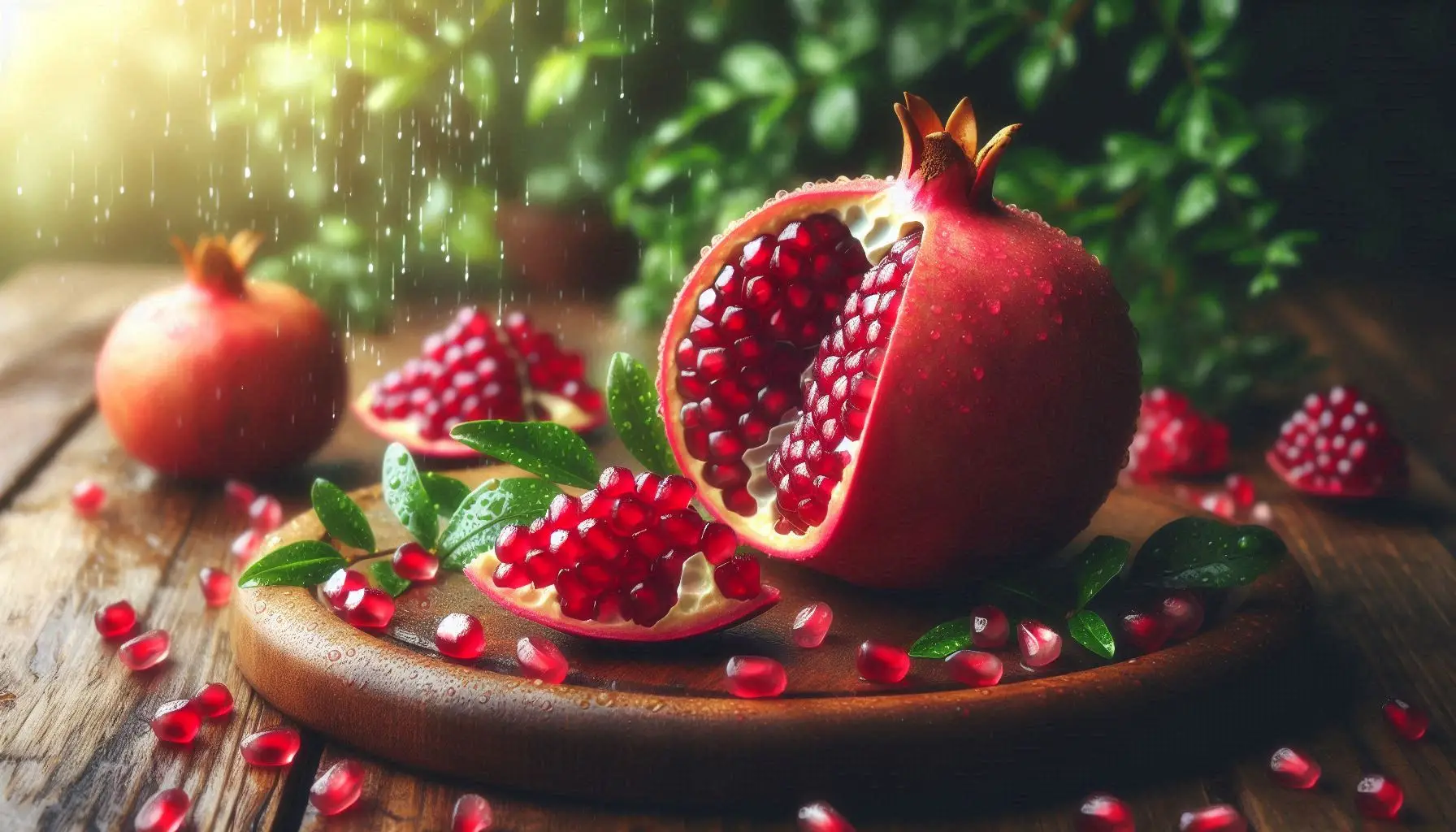
Pomegranate is a nutrient-dense, antioxidant-rich fruit that’s not only delicious but also a powerful natural defense against infections, making it an excellent choice during the monsoon season. With its vibrant ruby-red seeds (arils), pomegranate is widely available and can be consumed throughout the year, including the rainy months.
Health Benefits
- Strengthens Immunity
- Reduce the risk of monsoon-related infections like sore throat, stomach flu, and common colds.
- Improves Digestion
- Boosts Red Blood Cell Production (Erythropoiesis)
- Supports Healthy Skin
Enjoy fresh seeds as a snack, add to salads, smoothies, or yogurt bowls. Sprinkle over oats, poha, or upma for a colorful, healthy twist.
4. Lychee
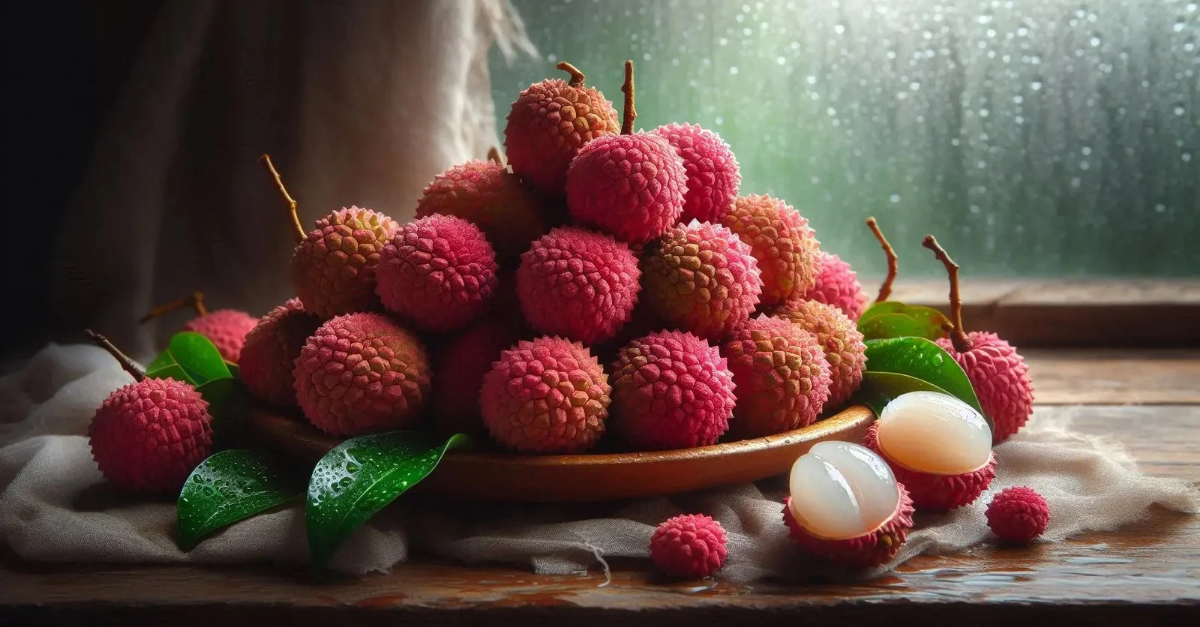
Lychee, also spelled litchi, is a juicy, aromatic fruit with a spiky red outer skin and soft white flesh. While it’s a summer favorite, lychees continue to be available in early monsoon, especially in India. Packed with nutrients, this tropical delight offers both refreshing hydration and natural protection against infections that are common during the rainy season.
Health Benefits
Boosts Immunity
Hydrates Naturally
Fight Free Radicals
Supports Healthy Skin
Improves Digestion
Eat fresh lychees as a mid-day snack, add them to fruit salads or smoothies, or use lychee pulp in homemade drinks or desserts.
5. Pineapple

Pineapple is a juicy and tangy fruit that contains bromelain, an enzyme known for its anti-inflammatory and antiviral properties. It aids digestion, reduces inflammation, and soothes the throat—common complaints during monsoon.
Health Benefits:
Fights respiratory infections
Boosts metabolism
Helps treat sore throat and sinusitis
Improves digestion
Drink freshly squeezed pineapple juice, add chunks to your salad, or grill slices for a delicious twist. Avoid canned pineapple with added sugar.
Must explore: 10 Rainy Season Precautions To Stay Healthy And Enjoy The Rain
6. Papaya
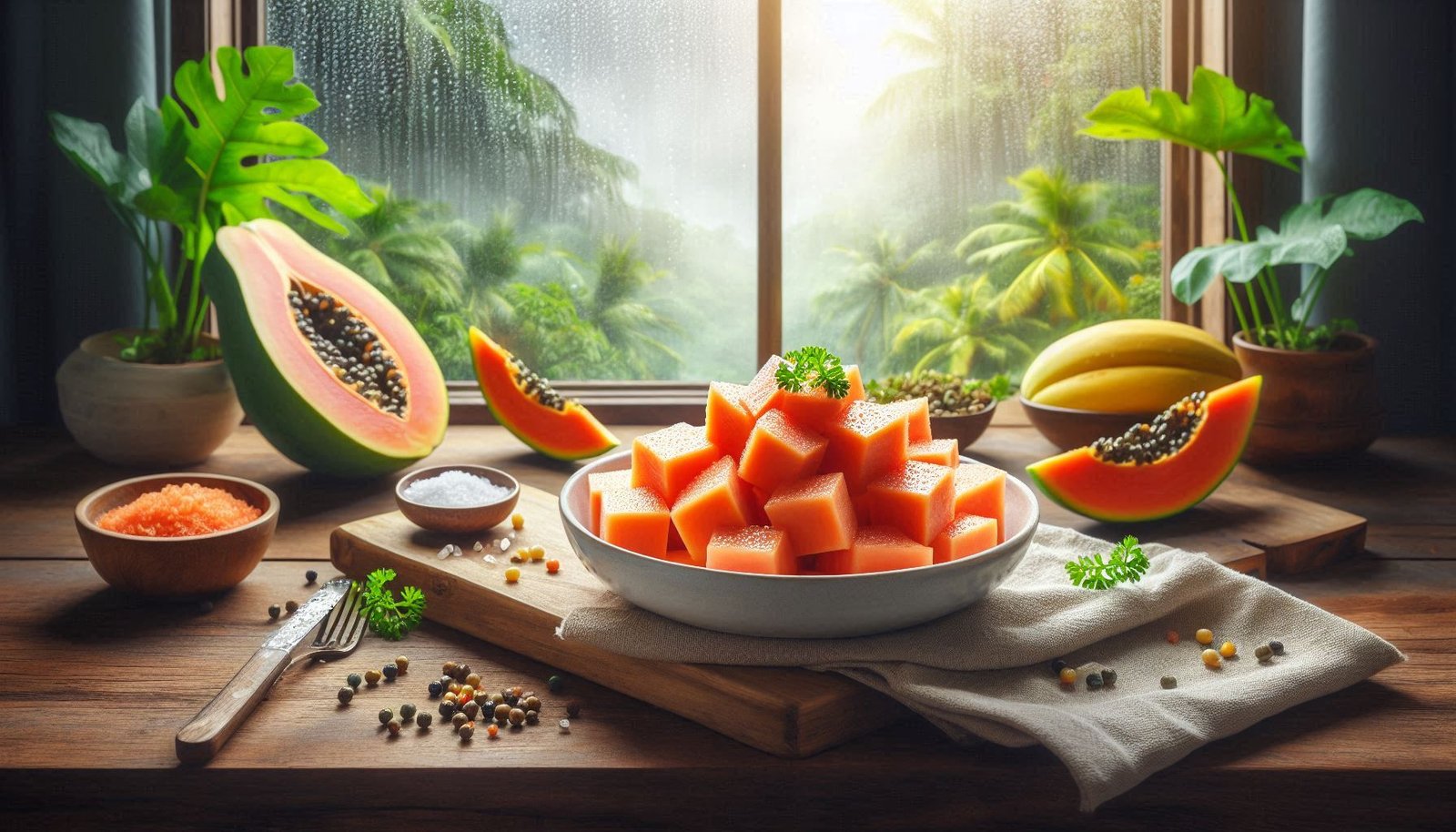
Papaya is often overlooked, but it’s a monsoon gem. It contains papain, an enzyme that helps improve digestion, and it’s also high in Vitamin A, C, and E—all crucial for building strong immunity.
Health Benefits:
Fights constipation and bloating
Boosts immunity
Reduces inflammation
Keeps the liver healthy
Enjoy fresh papaya cubes in the morning or as a dessert. You can also make papaya juice or add it to salads for extra nutrition.
7. Oranges
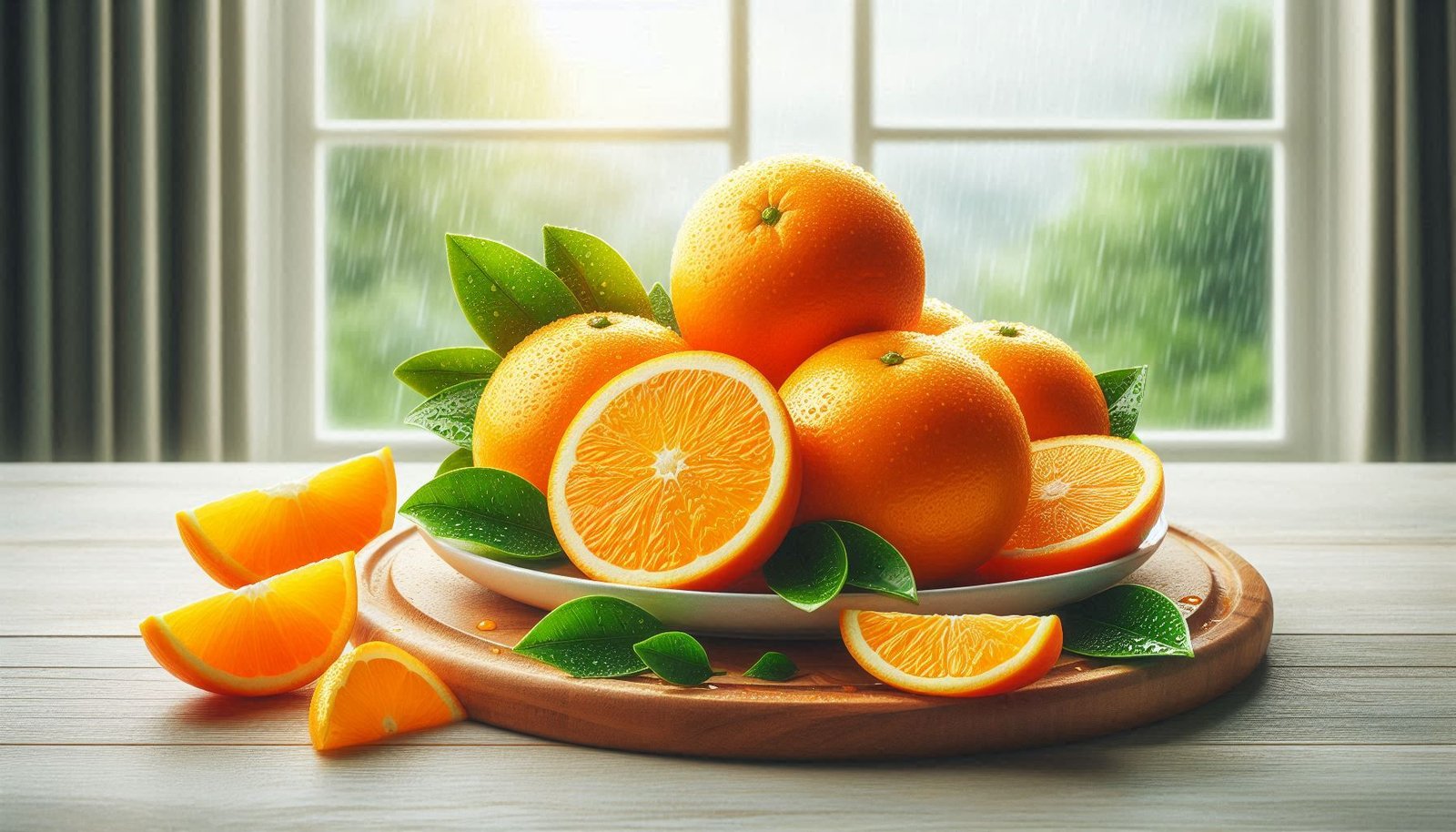
Citrus fruits like oranges are rich in Vitamin C, which is vital for boosting immunity and fighting off viral infections. Oranges also help in the production of white blood cells and protect the body against seasonal flu and cold.
Health Benefits:
Improves skin texture and immunity
Fights bacterial infections
Detoxifies the body
Reduces inflammation
Eat oranges whole, juice them fresh, or add orange segments to a fruit bowl. Avoid packaged orange juice as it lacks natural fiber and often contains added sugar.
Bonus Tips to Stay Safe While Eating Fruits During Monsoon
While fruits are incredibly healthy, monsoon demands extra hygiene. Here are a few safety precautions you should follow:
Wash fruits thoroughly with clean water to remove bacteria and pesticide residue.
Avoid pre-cut fruits sold by street vendors, as they may be exposed to dust and contaminated water.
Buy seasonal and local produce to ensure freshness and better immunity support.
Store fruits in clean containers to avoid fungal contamination.Expert Advice: How Many Servings of Fruits Are Ideal?
Expert Advice: How Many Servings of Fruits Are Ideal?
Nutritionists recommend eating at least 2 to 3 servings of fresh fruits daily, especially during the monsoon. Try to consume fruits on an empty stomach or between meals to absorb maximum nutrients. Also, avoid eating fruits immediately after meals to prevent fermentation and indigestion.
Final Thoughts: Embrace Nature’s Protection
Nature has its way of taking care of us—seasonal fruits being a prime example. The monsoon can be a tricky season health-wise, but by adding these 7 infection-fighting fruits to your daily diet, you can stay safe, energized, and glowing from within.
Incorporate variety, maintain hygiene, and listen to your body. Let fruits be your first line of defense against seasonal infections this rainy season.


